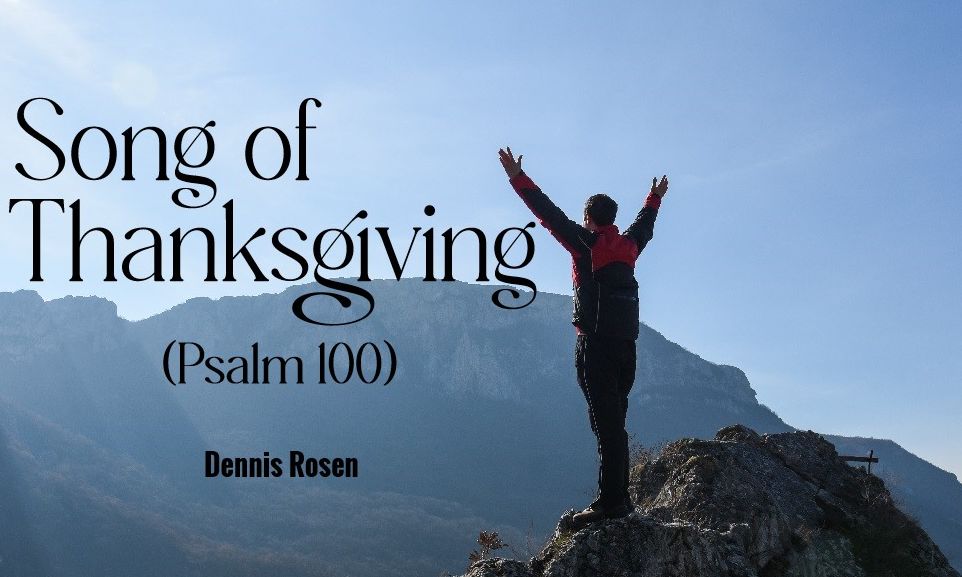
Song of Thanksgiving (Mizmor L’Todah)
Saying this simple psalm can fortify your emuna and lead to simcha (happiness) even during distressing times!

Rabbi Shalom Arush has advised us to say Mizmor L’Todah (Psalm 100) eight times a day during times of great challenge and adversity. After each recitation, we should voice an affirmation that everything that happens is from Him and is exactly the way He wants it. We should remind ourselves that everything He does is for the best and for a good purpose, even though we do not fully understand it. We should then thank Hashem for the troubles themselves.
In verse 5, the psalm says: “For Hashem is good, His loving kindness endures forever and to every generation.” In his commentary on Tehillim, Rabbi Avraham Chaim Feuer brings down from the sefer Chazah Zion that the word denoting forever,” l’olam” has the same letters as the Hebrew word that means concealed. Therefore, when we don’t understand why difficult things are happening, we must believe in our hearts that there is a concealed kindness. According to Rabbi Arush’s teaching when we thank Hashem, we accelerate the time this kindness will be revealed
We can see that emuna and simcha (happiness) are closely interrelated and interdependent. We can consistently serve with happiness only when we realize that everything is from Hashem and for the best. Furthermore, by serving with simcha in challenging times, we fortify our emuna. This is analogous to building muscles. Muscles can be strengthened only when subjected to pressure. Similarly, our emuna is strengthened only when we are subjected to stressful tests. Moreover, serving with happiness in tough times is especially gratifying to the Creator and creates vessels for Him to send miraculous salvations above nature.
In his book, Growth through Tehillim, Rabbi Zelig Pliskin explains how the exhortation in Psalm 100 to serve Hashem with simcha gives us an approach that will guarantee a lifetime of happiness. This type of happiness is not dependent on any other person or external circumstances. This state of happiness is created by one’s choices of thoughts, words, and actions.
Why should we think, speak, and act with great joy? When you do a good deed, you are connecting to the all-powerful Creator and Sustainer of the universe Who loves you and cares about you. The reward for each and every good deed is immeasurable and eternal. If someone were to find a treasure, he would rejoice. Each good deed is an even greater treasure. Rabbi Pliskin says that we should realize that we have a formula for constant joy and cherish this precious gift.
He tells a story about someone who had access to a fortune in a secret bank account. However, he was not able to remember the account code. This story sounds like a rare, frustrating situation but in truth most of us are in the same position. The code to a life of joy is stored within our minds. With this code you can unlock a great treasury. Without it one lives in a more limited way, not realizing the tremendous happiness available to those who serve Hashem with joy.
There is no greater joy a person can experience than a realization that God is right beside him and that he is fulfilling the will of his Father in Heaven. We should also keep in mind all the incredible kindness we constantly receive from Hashem and understand that He experiences great joy when we do His will. Contemplating this reality should infuse us with joy whenever we study Torah, pray or do a deed of kindness.
In verse 4, the Psalm says “Enter His gates with thanksgiving, His courtyards with praise.” The gates refer to the gates of the Temple Mount and the courts are the courts of the Holy Temple. By reciting Psalm 100 repeatedly and thoughtfully, we will live our lives with simcha and emuna. This approach will enhance our physical and emotional well-being. At the same time it will bring us closer to Hashem and help optimize our service to Him. This will surely turn times of trouble into times of triumph. It will accelerate the time when we can enter the gates of the Temple Mount and the courts of the rebuilt Holy Temple speedily in our times


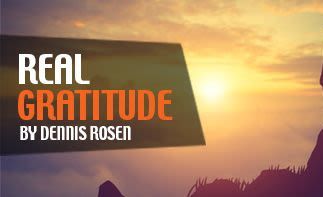

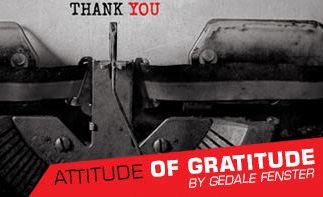
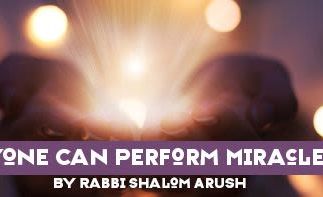
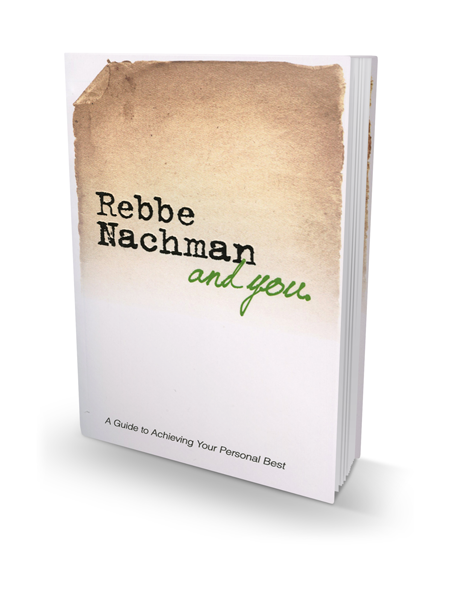
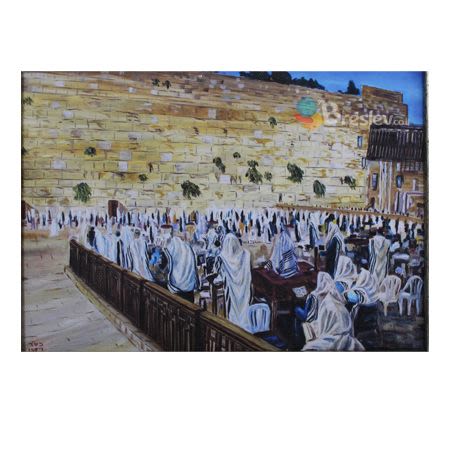
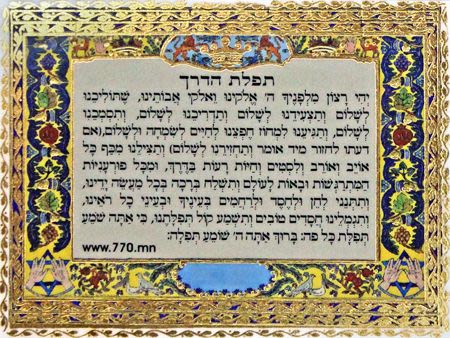
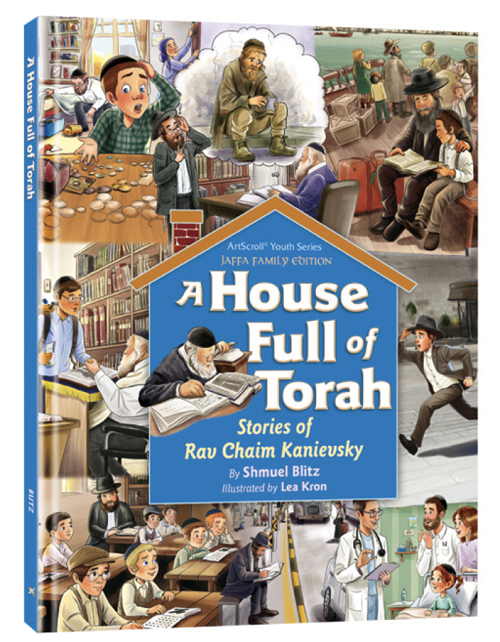
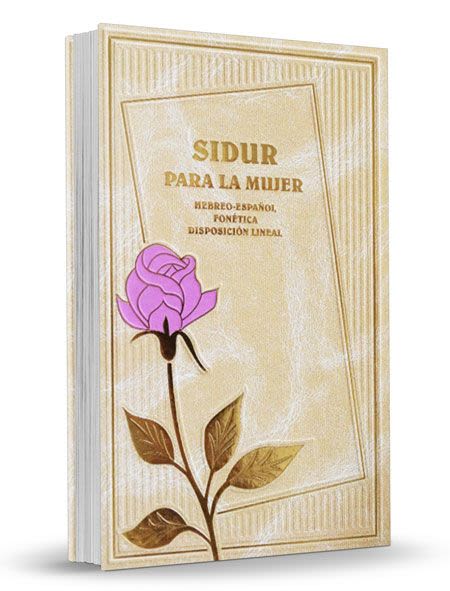

Tell us what you think!
Thank you for your comment!
It will be published after approval by the Editor.